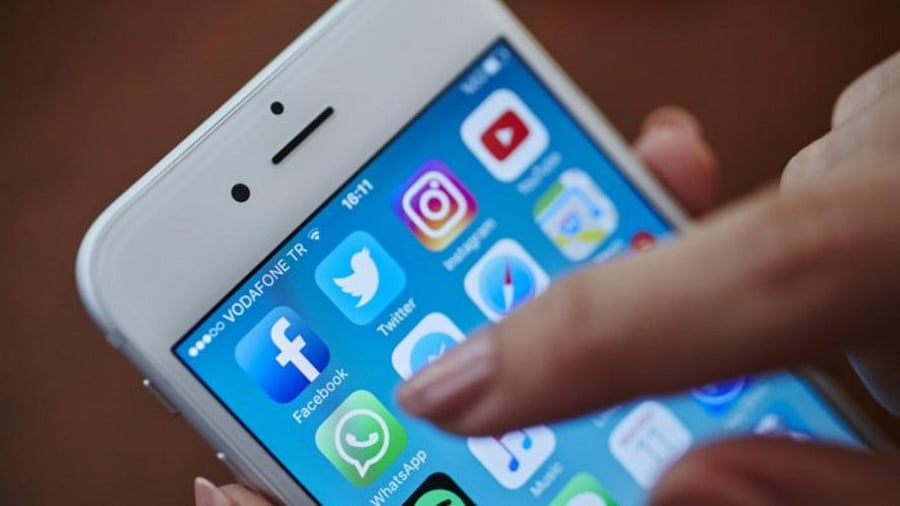
In these days of misinformation about the Covid-19 pandemic, the importance of scientific data cannot be overstated. It reminds me of one of my early professional experiences at the Speech and Language Development Center in Anaheim, California where I worked.
‘Help!’ Jeff would cry out to me when he found it difficult to perform the tasks given to him to improve his perceptual-motor skills, eye-hand coordination etc. The children who came to the Center had unique problems that couldn’t be solved at a regular speech clinic. They were suspected to have minimal brain damage.
After the therapy session, I would tell Jeff’s mother what tasks he had been assigned that day and the outcome which she listened to attentively. In due course, the matter of Jeff’s school placement came up. Since he had low scores on the psychological tests, the school authorities had decided to place Jeff in a school for the mentally retarded. His mother, who opposed the move, shared her concerns with me. I too disagreed with the authorities but Jeff’s below-par scores couldn’t be ignored either.
When we reassessed four-year-old Jeff, however, we found that he could attempt test items meant for six-year-olds. In his six months spent at the Center, he had traversed from a mental age of 3.5 years to well beyond his chronological age. When I told Jeff’s mother about it, her eyes welled up with tears. She pursued her son’s case with such vigour that the school authorities were compelled to call me, a foreign national, for an explanation.
I described the kind of professional help he had received at the Center with his mother doing follow-ups at home. I asked them to repeat their tests, confident that Jeff would make the grade.
I had another experience that similarly drove home the importance of getting the right data from the right source and a reassessment. I approached our doctor for a fresh prescription for my mother’s tablets as they were no longer available in the market. He wanted to examine her before writing a new prescription.
After doing so he declared that she didn’t need those tablets anymore as her condition had improved significantly. She had obviously benefitted from the yoga exercises. Had we gone to the doctor for regular follow-ups, those tablets might have been found superfluous even earlier.
Just as social media ‘forwards’ can be harmful, hearsay can be counter-productive. I chatted with a doctor-friend about the remedies I had heard about for various morbid conditions. He promptly dismissed some of it as “outdated thinking” and updated my knowledge, citing newer, empirically tested, and more effective tablets that were now available.
I’ve learnt that seeking and following up on professional help is important for one’s well-being. And that it is better to avoid hearsay and questionable practices of bygone days.
Watch the latest DH videos: